
The new Industrial Revolution -- the business impact of smart machines and automation
Analysts and journalists periodically voice concerns over smart machines stealing middle-class jobs. According to Kenneth Brant, research director at Gartner, "Most business and thought leaders underestimate the potential of smart machines to take over millions of middle-class jobs in the coming decades".
This is quite an assumption to make. Machines have been tools for efficiency for centuries now. They’re not as terrifying as some might think. The results have actually been quite the contrary. Rather than leaving workers on the streets, using "smart machines" to automate repetitive, manual tasks has allowed people to progress to more skilled labor, work fewer hours, and experience greater job satisfaction overall. It makes employees more strategic and empowered. And the story continues. Now, as computers grow ever faster and more powerful, we’re on the edge of another Industrial Revolution -- not on the factory floor -- but in the back office of business.
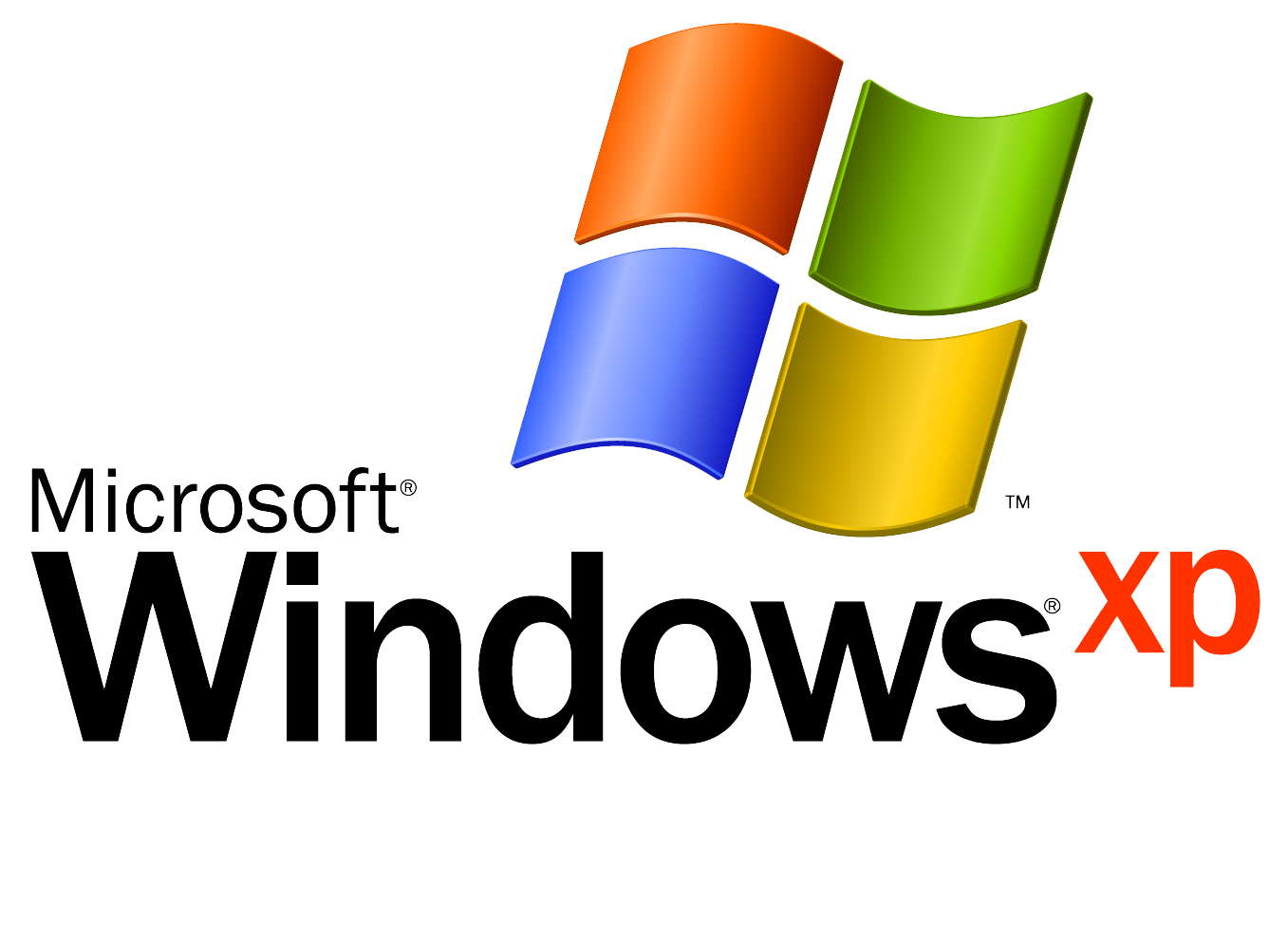
Legacy apps holding you hostage? 7 ways to safely migrate off Windows XP
"Windows XP will essentially have a 'zero day' vulnerability forever". These spot-on select words come from Tim Rains, who penned a stellar TechNet blog post back in August on the impending XP doomsday. That entry, aptly titled "The Risk of Running Windows XP After Support Ends April 2014" goes into a deep discussion about the underpinning reasons as to why it's so critical that organizations start moving their fleets off the now 12 year old OS.
I've been writing extensively about the end of XP for some time now myself, advocating customers begin their planning well ahead of the support sunset date.

Cloud computing: Is it right for your business?
In response to an increasingly competitive digital marketplace, companies all over the world are moving their operations from local servers to the cloud. The ubiquitous access offered by cloud computing allows employees to access their files when and where they need, and lets businesses focus on what they do best, instead of devoting precious resources to IT maintenance.
But what about your business? Is making the transition to cloud computing right for you?
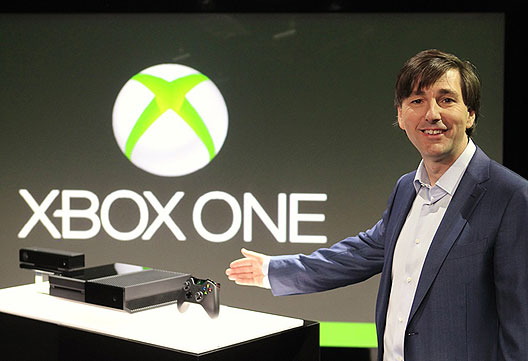
Who needs gamers? Microsoft targets small businesses with the Xbox One
When Microsoft revealed the Xbox One two months ago it pushed the next generation console’s entertainment features, playing down the device’s gaming prowess. The message was clear. The Xbox One is an entertainment hub that can do games, not a games console in the traditional sense.
Microsoft is pursuing an audience outside its (once) loyal gaming community, and having targeted non gamers with talk of TV shows and music, the obvious next step is to pitch the Xbox One as a full blown business system, right? Wait, what?
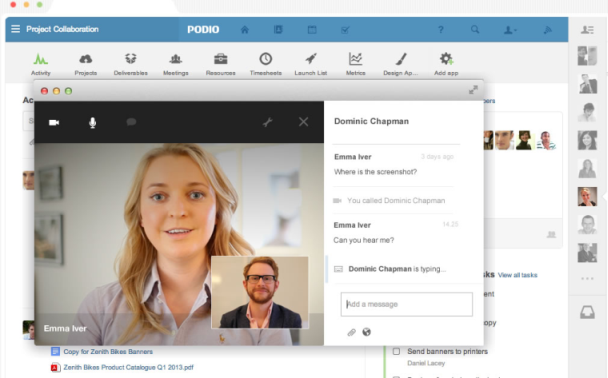
Podio introduces real-time chat, facelift in newest update
Cloud workspace platform Podio introduced another round of fresh updates on Thursday, bringing exciting new functionality to the quickly evolving SaaS offering. Hot on the heels of a major UI facelift that was released back in late April, the newest refresh brings much requested real-time chat capability with online members of your various workspaces. For my company that uses Podio on a daily basis, these additions are definitely appreciated.
For those unfamiliar with the service, I provided a mostly positive in-depth review back in December of last year. For those who have never given Podio a spin, placing a label on what it "is" definitely takes a little effort since it is almost anything you want it to be. The product fills the gap of online task, project, and customer management that is much cheaper and flexible than any other mainstream CRM offering. It also correctly introduces the aspect of "professional social", something which Yammer forces down your throat -- but Podio makes feel like a natural fit.

If Congress passes Internet sales tax legislation, you lose
It's almost as if some in Congress forget that we've been down this path before. Garbage legislation, now under the moniker of the Marketplace Fairness Act, has been discussed in various guises and masks over the last 20 years or so. Streamlined Sales Tax. Remote Sales Tax. Distant Sales Tax. They've been tried, debated and debunked each time before.
But it's funny how larger than ever state budget deficits perk up the ears of slimy congressmen on the umpteenth attempt at an Internet sales tax. While proponents like J Marra, writing for BetaNews this week, are in favor of this bill, I stand tall against it, without hesitation.

Taxing Internet sales is the right thing to do
The fight to keep brick and mortar commerce subsidizing e-commerce is in a crucial stage today.
You never heard of that fight? It also goes under the guise of fighting "Internet sales taxes". A bill (the "Marketplace Fairness Act") is moving along in the Senate that requires merchants with $1 million or more in revenue to collect any sales taxes due in the state of the buyer.

Goodbye Yellow Brick Road, SMBs plan to spend much more on tablets than PCs
Keeping with our ongoing "Ding, Dong, the PC's dead" theme, NPD reports that businesses with 50 to 999 employees will spend more on technology this year. That's good news for PC manufacturers but much, much better for anyone selling tablets -- or the ecosystem supporting them. SMBs are suddenly a bright light cast against vast darkness. Yesterday, IDC warned that PC shipments would fall double-digits during first quarter.
Somebody is buying, at least. Thirty percent of SMBs surveyed by NPD plan to increase PC spending -- that's up from 22 percent just three months ago. Woot! Woot! "PCs are still a core part of the technology arsenal of the typical U.S. corporate employee and a regular rotation of new and upgraded equipment is part of best practices for most mid-sized U.S. businesses", Stephen Baker, NPD's vice president of industry analysis, says.

Why Office 365 beats hosted Exchange for small business email
Nearly six months ago, I voiced in on the Google Apps vs Office 365 debate and let it be known that (at the time) I fully believed Google Apps was the better platform in many respects. Fast forward to February 27, and Microsoft unveiled why waiting until the second (or third) try on a given product is usually a good bet. In all honesty, I think Microsoft has been on the right track with Office 365 for four to five months now, introducing quality features and fixing stability issues that plagued its reputation in the past.
I'll go so far as to say that the Office 365 ecosystem has been nothing short of respectable lately. My technology consulting company FireLogic steadily has recommended the suite as reliable alternative to Google Apps for some months now, and the results are extremely positive. Heavy Microsoft shops moving away from their legacy on-premise Exchange servers are itching for a new home, and the company seems to have a cloud of its own that is living up to even my stringent expectations.

Automattic temps bloggers with WordPress.com Business
Automattic has a new premium WordPress.com option that just might be right for many small businesses and entrepreneurial types. The blogging service today announced a $299 per-year plan that includes your domain (rather than, say, poopydiapersdontstink.wordpress.com); access to advanced design tools and fonts; unlimited premium themes (which otherwise cost separately); photo and video uploads and galleries; unlimited storage, supporting those photos and videos; live support (yes, real people); and no WordPress placed ads (which appear on free sites).
I don't blog personally anymore -- just BetaNews or Google+ posts now -- but still pay a reputable hoster 20 bucks a month to keep my WordPress site and archive active. For $60 a year extra, I could get a whole lot more and all the other benefits the blogging service offers, such as WordPress.com promotion, following and sharing.
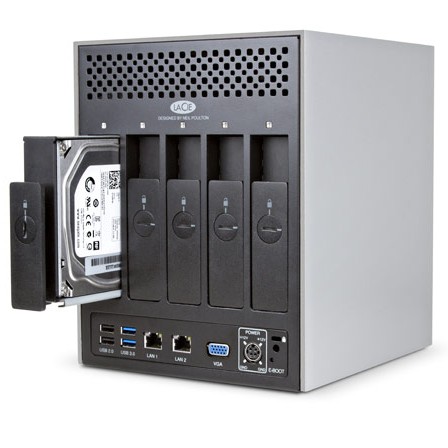
LaCie shows small business some CES love with 5big NAS Pro
While the Consumer Electronics Show is mostly about gadgets for your home, there's more to it. Unfortunately, devices that are more functional, as opposed to flashy, tend to fly beneath the radar. That means that good, useful equipment, that we will actually see on the market before CES 2014, does not get the attention it deserves.
That is the case with a new LaCie network attached storage device designed for small businesses. The company today announced its 5big NAS Pro, a device that brings some new functionality to the product line. According to LaCie, the new NAS will have what it describes as "True Hybrid Cloud". This will use the company's own cloud storage, Wuala, and display both network and cloud storage in one view. This means one interface for both users and administrators, which is especially important on mobile.

Backupify is a reliable cost-effective cloud backup solution for Google Apps [review]
While the cloud generally provides for better reliability than on-premise systems, having a solid backup plan is still a universal necessity. Cloud solutions like Google Apps and Office 365 have nearly eliminated the notion of data loss due to technological failure. The systems and processes in place that govern the storage of your important data with players like Google and Microsoft are rock solid. We can fault providers for service downtime any day of the week; but you'll be hard pressed to read about cases where they actually lost your data.
The biggest issue with data loss on cloud platforms lies within the acute problem of human error. We aren't perfect and will likely always be dealing with data loss stemming from incorrect clicks, mistaken deletion, and other similar circumstances. For this very reason, even with its inherent safety nets, the cloud needs a fallback of its own.

Enloop replaces business plan consultants with cloud-based service
Business plans and marketing plans present a unique challenge because they contain both qualitative and quantitative data that mingle in the same document. Unlike a spreadsheet, where different cells can be set up to affect each other, a business plan's text summaries of numerical data often have to be updated by hand whenever figures are changed. It can be quite a time-consuming process, and small business owners often do not have the time nor the financial resources to devote to this task. This is why Enloop exists.
Enloop offers, to use the silly "aaS" nomenclature, Business Plans-as-a-Service. It has different subscription tiers ranging from free to $39.99 per month which give its users access to its exclusive business plan creation technologies.
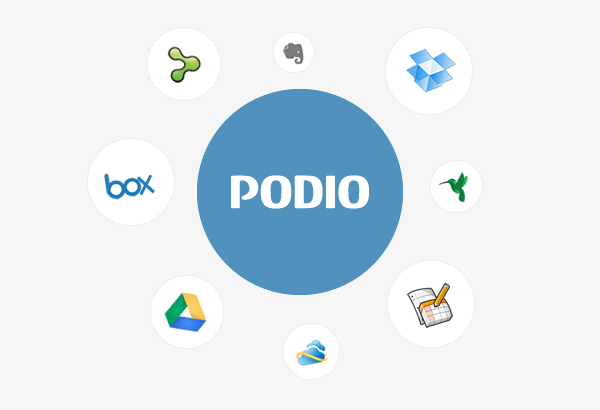
Podio puts a refreshing twist into the 'online workspace' arena [review]
At face value, Podio is a very tough product to describe. Parent company, Citrix, describes it as an "online work platform", which tends to be fairly accurate, but is a definite understatement. Podio has the social likeness of Google+ or Facebook, but don't think Yammer here (Podio politely offers sociability -- it doesn't force it down your throat.) Podio leverages a powerful cloud-based CRM platform that is highly customizable, a la Salesforce. Yet it also happens to integrate useful tabular functionality and spreadsheet importing/exporting to and from Excel. So what the heck exactly is Podio?
After one month of living personally and professionally on Podio, one thing I can say is I know what it isn't. It's not a platform for those looking for a simple cookie cutter solution to a single problem. The product is targeted towards companies small and large willing to invest a little time to get a lot in return. That return, more specifically, is functionality and flexibility. Podio tosses out the "800 pound gorilla" approach to software and instead offers a different perspective: you build it, and they will come.

Going codeless can save the jobless
Being a multi-linguist, or a pianist, or an amateur philosopher, is not something you’d expect most IT job candidates to have on their resumes. But today’s workforce, due in part to the slow moving economy and ensuing recession, has adjusted to a more adaptable lifestyle than previous generations.
While yesterday’s career map was more straightforward -- major in a specific field, enter the sector on the bottom or near-bottom rung of the ladder (depending on who you knew), and work your way up until retirement, building a reputation for yourself along the way -- today things have changed.
